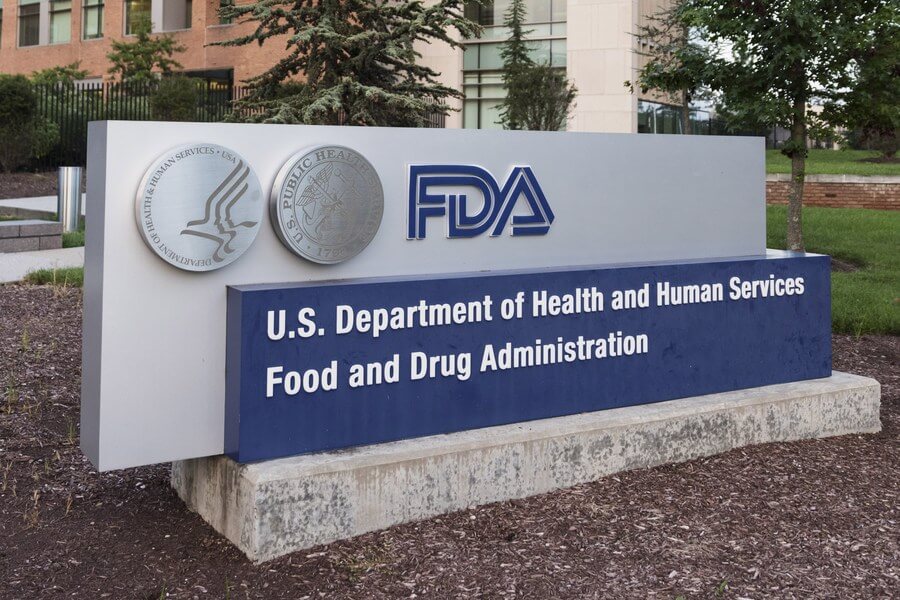The U.S. Food and Drug Administration (FDA) has granted approval for two groundbreaking gene therapies targeting sickle cell disease, ushering in a new era in CRISPR gene editing technology.
Developed by Vertex Pharmaceuticals and CRISPR Therapeutics, Casgevy, along with Bluebird Bio’s Lyfgenia, has received regulatory approval for individuals aged 12 and older.
Casgevy, priced at $2.2 million, and Lyfgenia, priced at $3.1 million, both positioned as one-time treatments, are set to be available in early 2024.
Despite their similarities, Lyfgenia’s higher price and associated safety warnings are expected to impact its sales compared to Casgevy, evident in market responses with Bluebird’s shares dropping 40%, CRISPR Therapeutics down 8%, and Vertex falling 0.5%.
Casgevy leverages CRISPR, a revolutionary technology acting as molecular “scissors,” trimming faulty gene parts, while Lyfgenia’s gene therapy involves inserting modified genes into the body through disabled viruses.
The FDA’s approval follows meticulous evaluations of scientific and clinical data, emphasizing the commitment to facilitating safe and effective treatments for severe health conditions, according to FDA official Peter Marks.
Both therapies demonstrated efficacy in reducing painful episodes during separate clinical trials. Casgevy showed improvement in 29 of 31 patients, while 28 of 32 patients on Lyfgenia exhibited positive outcomes.
While Vertex’s CRISPR therapy undergoes FDA review for another blood disease, transfusion-dependent beta-thalassemia, with a decision expected by March 30, the FDA has added a warning to Lyfgenia’s label regarding the risk of blood cancer.
Ongoing monitoring and a 15-year follow-up study will assess potential long-term safety risks for patients treated with these gene therapies.
Sickle cell disease, characterized by flawed, sickle-shaped hemoglobin, impacting the proper transport of oxygen, affects an estimated 100,000 individuals in the U.S., predominantly from the Black community. Nigeria has the world’s largest sickle cell disease population, with 90% residing in Nigeria, India, and the Democratic Republic of Congo, according to the WHO. The severe form of the disease claims the lives of the majority of affected children in the African Region before the age of five.




